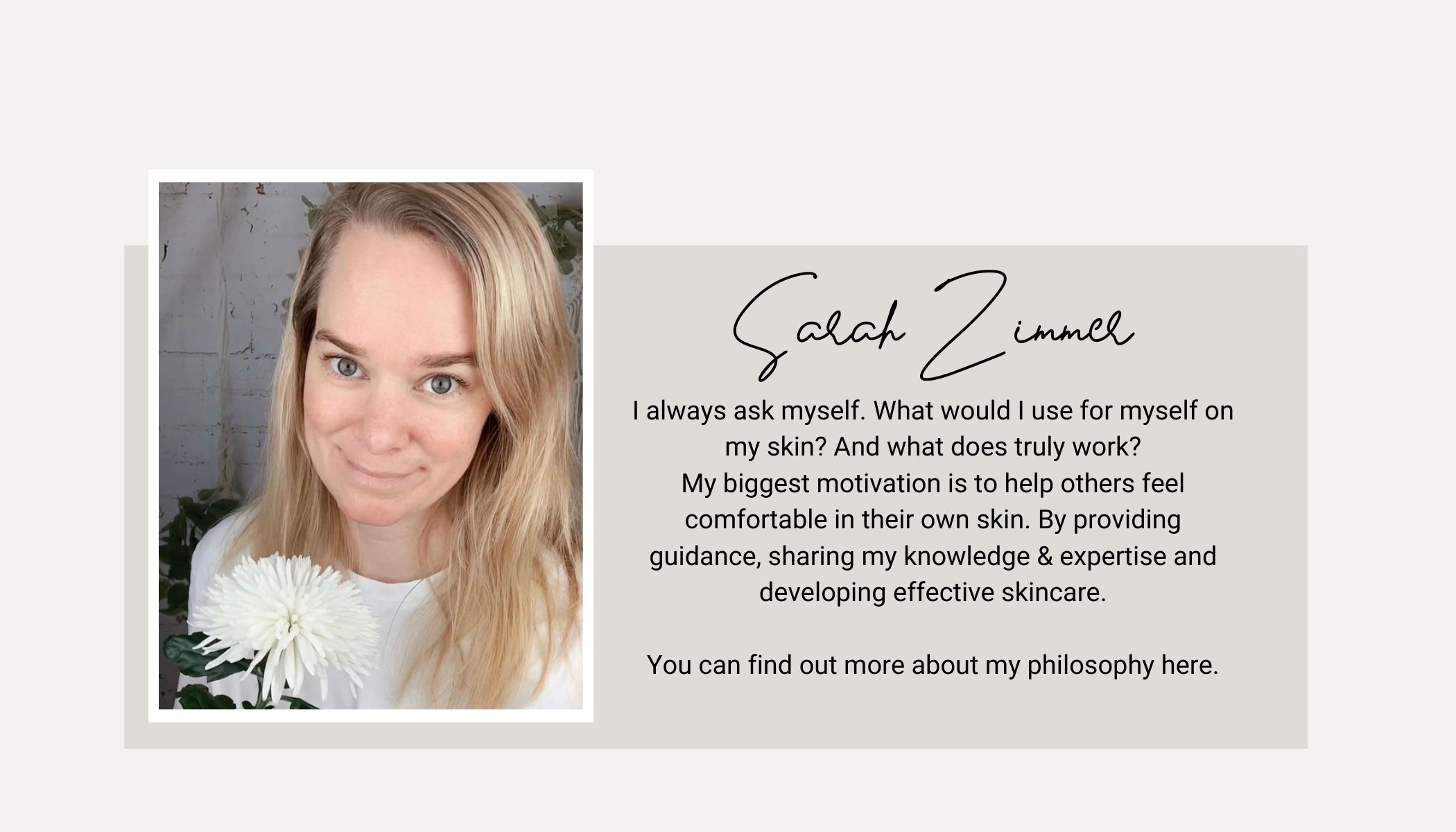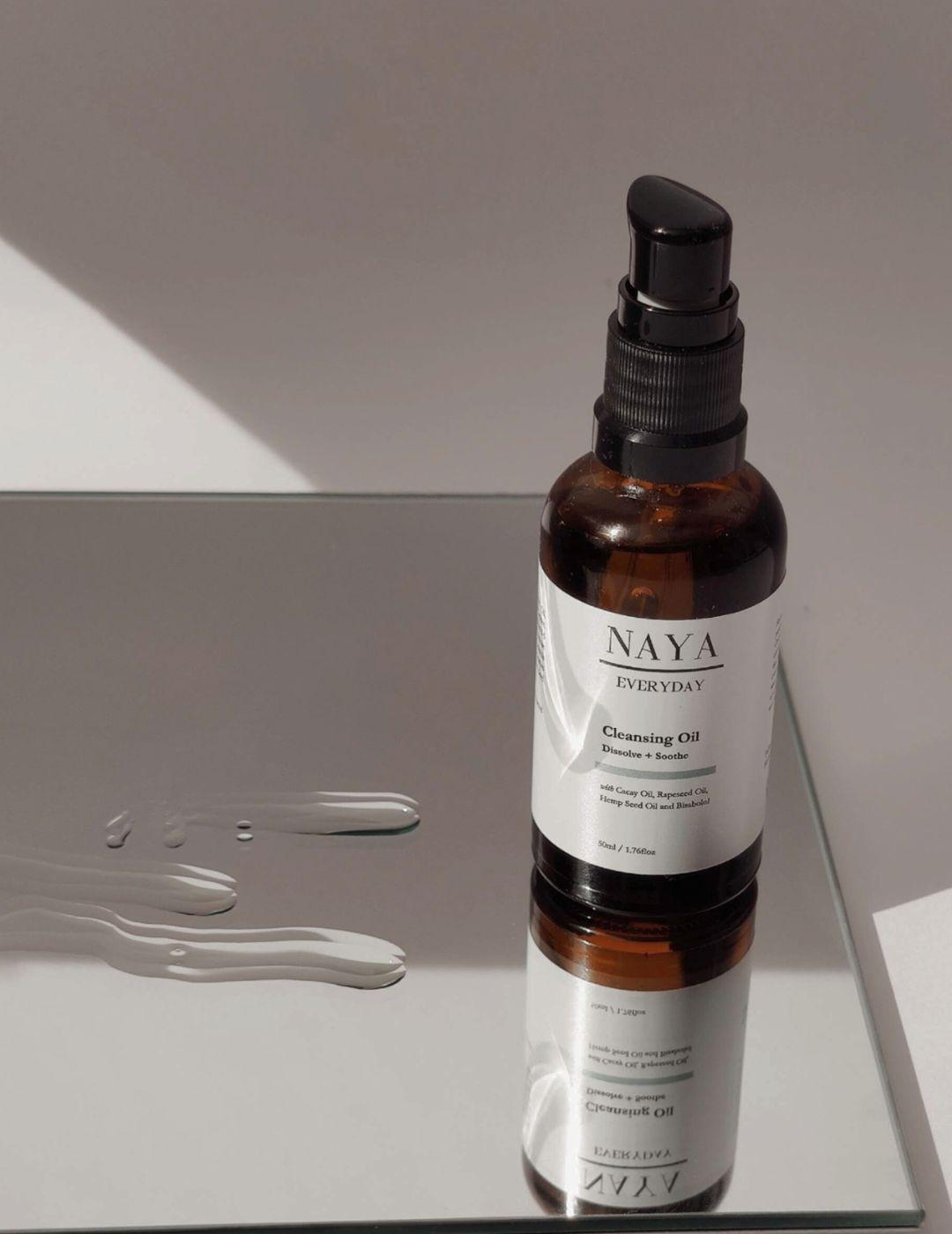Bakuchiol: Does it make skin look younger?
In the quest for younger-looking skin, retinoids reign supreme. These vitamin A-derived topicals are one of the best-studied anti-aging ingredients on the market. Retinoids include retinol, retinal, retinoic acid and several other related substances. They boost the production of collagen, a protein that minimises fine lines and gives skin an overall smoother and more youthful appearance. Retinoids also help even out skin tone and fade age spots.
Statements are being made that Retinoids can be harsh on the skin, causing side effects like dryness, burning, stinging, peeling, and sun sensitivity. But only if it hasn't been formulated well as otherwise it is a safe ingredient to use with studies showing that a percentage of 0.3% is even safe to use for very sensitive skin. Unfortunately, a lot of false information distributed by people that don't dig into this or simply corporates fighting for sales and distributing false information into the industry. A common practice seeing time over time again.
Or also people in the industry that regurgitate or simply don't look at research paper. Because, guess what - it's boring and dull. However, this is where the truth can be found.
But are there true alternatives to retinoids?
A botanical ingredient known as Bakuchiol (pronounced: buh-koo-chee-owl) has gained popularity as a potential gentler alternative to retinoids.
Bakuchiol skincare products are marketed to treat everything from premature aging to acne and skin discolouration, with less irritation. But do they work as well as retinoids? Or is Bakuchiol just another trendy skincare fad that has more marketing hype behind it than hard evidence?
Something to remember; a company that was VC-backed by VC such as Unilever and other corporates have introduced this ingredient into the market when it first appeared.
What is Bakuchiol?
Bakuchiol is an extract from the seeds of Psoralea corylifolia (nicknamed "babchi"), a plant grown in India that’s been a staple of traditional Indian Ayurvedic and Chinese medicine for many years.
Similar to retinoids, Bakuchiol appears to stimulate collagen producing receptors in the skin. The difference is less risk of side effects.
It’s sold in serums and creams, many of which combine Bakuchiol with other botanicals.
The question is: Does it actually work?
Whether Bakuchiol fights skin aging as well as the long-studied retinol is the question. Retinol has been on the market for over 40 years with long-term studies demonstrated repeatedly its efficaciousness. When it comes to Bakuchiol, the answer is that is based on very limited evidence.
A small study in the British Journal of Dermatology found Bakuchiol to be just as effective at erasing fine lines and improving skin color as retinol, but with less peeling and burning. The challenge in interpreting these results as a win for Bakuchiol was the study’s small size — 44 participants only (seven of whom dropped out) leaving merely 37 participants. In a different study, a Bakuchiol-containing cleanser and moisturiser improved skin smoothness and signs of aging in 60 older women with sensitive skin.
Another trial evaluated a product that combined Bakuchiol with melatonin and the vitamin C derivative, ascorbyl tetraisopalmitate in a three-in-one anti-aging cream. After 12 weeks of once-daily use, the researchers noted fewer wrinkles, increased skin firmness, and an overall improvement in skin quality among the participants. Because this study used a combination of ingredients, any skin improvements may or may not have been related to Bakuchiol.
Other studies on Bakuchiol were conducted on skin cells or skin substitutes, which makes it hard to draw any real conclusions about how they’d perform on human skin. By comparison, retinoids have been studied since the 1940s in trials including hundreds of (human) participants.
The scarcity of scientific evidence on Bakuchiol's effects made the authors of the British Journal of Dermatology study acknowledge that this skin product warrants additional testing. File Bakuchiol under the "promising, but unproven" category.
Bottom line
If you want an anti-aging product with real science behind it, stick with retinoids and look for good formulations like our products. On the other hand, if you have sensitive skin or a preference for natural products, the main risk to trying Bakuchiol is to your wallet.
We have included it in our latest launch as many customers asked for it. So you can still try it as you will still get the benefits as we have formulated with Retinol. However, as it stands Bakuchiol is far inferior to Retinol based on the current science research.








Hinterlasse einen Kommentar